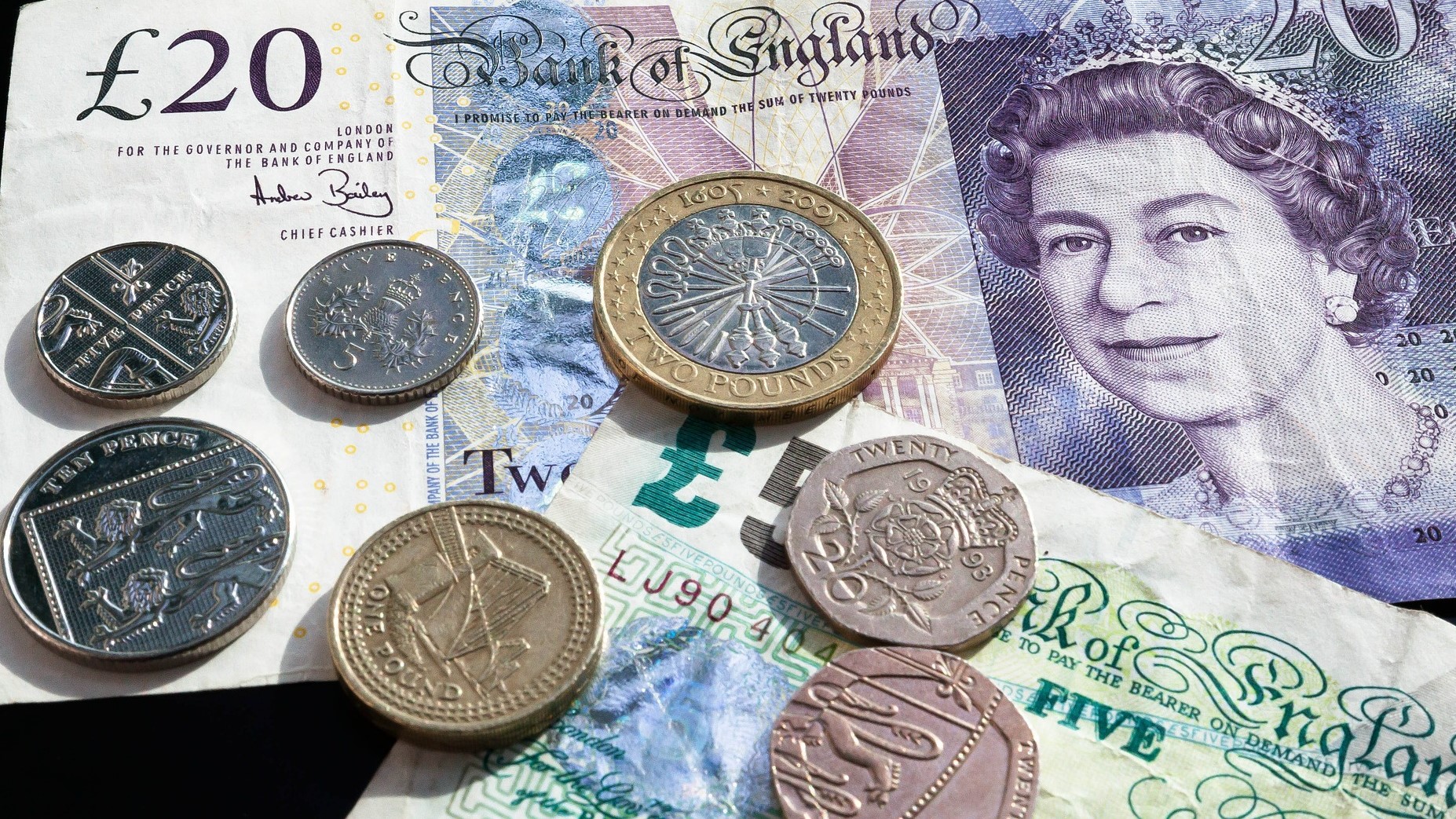What Is The Penalty For Having Counterfeit Money?

Counterfeit Currency – You May Pay a Very High Price
In these strained financial circumstances, purchasing counterfeit money can seem quite an attractive option. While the price of such ‘currency’ fluctuates widely, it is often as low as 25% of the face value – which makes it a potentially lucrative idea.
Despite state currency producers spending millions each year on devising and improving security safeguards, counterfeit money is still regularly passed off as real.
High-quality counterfeit currency requires a significant investment in expensive print technology. The people responsible for such enterprises are often sophisticated and organised criminal gangs, who use fake money to finance deals in illegal drugs, weapons and trafficking activities.
As a result, this link to organised crime requires courts to pass deterrent sentences on those who are caught.
In addition to this, the circulation of counterfeit currency is also a threat to the broader economy – so consequences for those caught often reflect this.
The Potential Consequences
So what is the penalty for counterfeit money?
Well you might be surprised to discover that a non-custodial sentences are almost unheard of, even for the use of a single note or coin.
In Corcoran [2013] EWCA Crim 2750 where a single £50 note was passed, a sentence of 6 months imprisonment was imposed by the Court of Appeal (following a guilty plea).
In Miller [2010] EWCA Crim 257, 2 years imprisonment was reduced to 15 months imprisonment. Miller passed 3 counterfeit £20 notes, 3 more were found in his possession.
The Court of Appeal has stated:
“We observe, as other constitutions of this court have done on previous occasions, that in view of the potential harm to the United Kingdom economy an immediate custodial sentence would almost invariably be required in cases such as this. However, its term will depend upon the factual circumstances of the instant case.
One of the most important factors will be the number of counterfeit notes involved, which will give some indication as to the proximity of the offender to the source of the notes.”
The maximum sentence for tendering counterfeit money is ten years imprisonment.
For those involved in the production of notes or coins, severe sentences typically follow, and a court may also consider making a preventative order (e.g. Karra and Karra [2015] EWCA Crim 2282).
In Crick [1981] 3 Cr App R (S) 275 the court observed:
“Coining is a serious offence. It was rightly treated as such by the learned judge, who correctly took the view that it called for an immediate custodial sentence. It must, however, be recognised that not all such offences are of the same gravity. At one extreme is the professional forger, with carefully prepared plates, and elaborate machinery, who manufactures large quantities of bank notes and puts them into circulation. A long sentence of imprisonment is appropriate in such a case. Here the offence is at the other end of the scale. The tools used to make the blanks were primitive, and were not acquired specially for the purpose; the techniques used were amateurish, and there was little real attempt to make the blanks a facsimile of a 50 pence piece. The coins were not, and could not have been, put into general circulation.”
How We Can Help?
With consequences so severe – even for a small amount of counterfeit money – it is important that if you are investigated for an offence, that you seek appropriate legal representation. For in-depth advice regarding counterfeit currency offences, or more specific advice relating to maybe your own circumstances, call call us in confidence on 0161 477 1121 or email us for more information.


